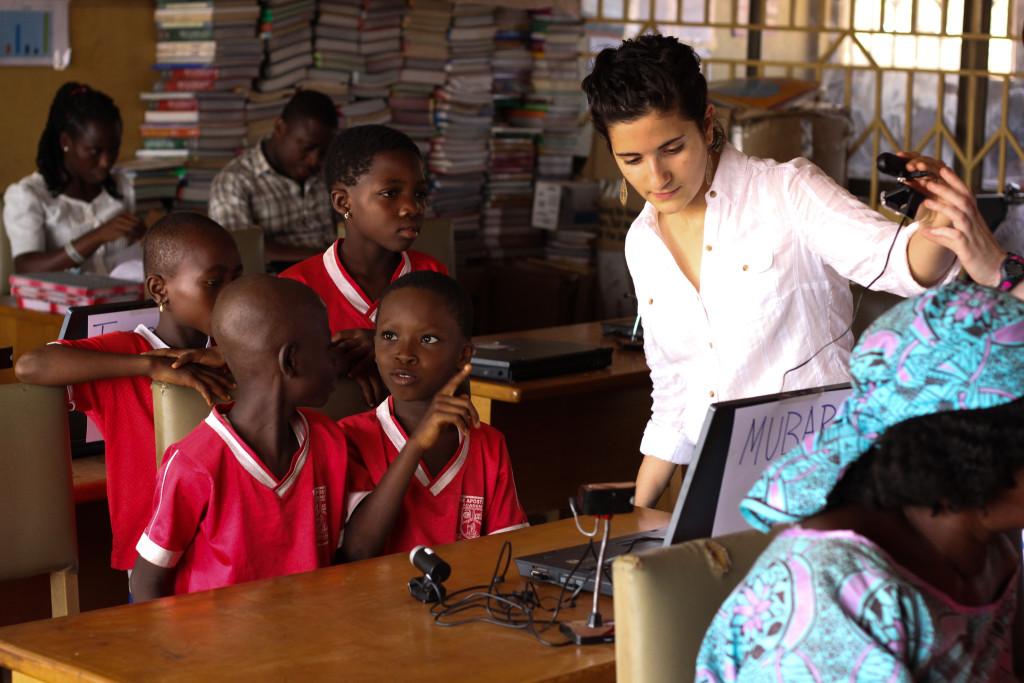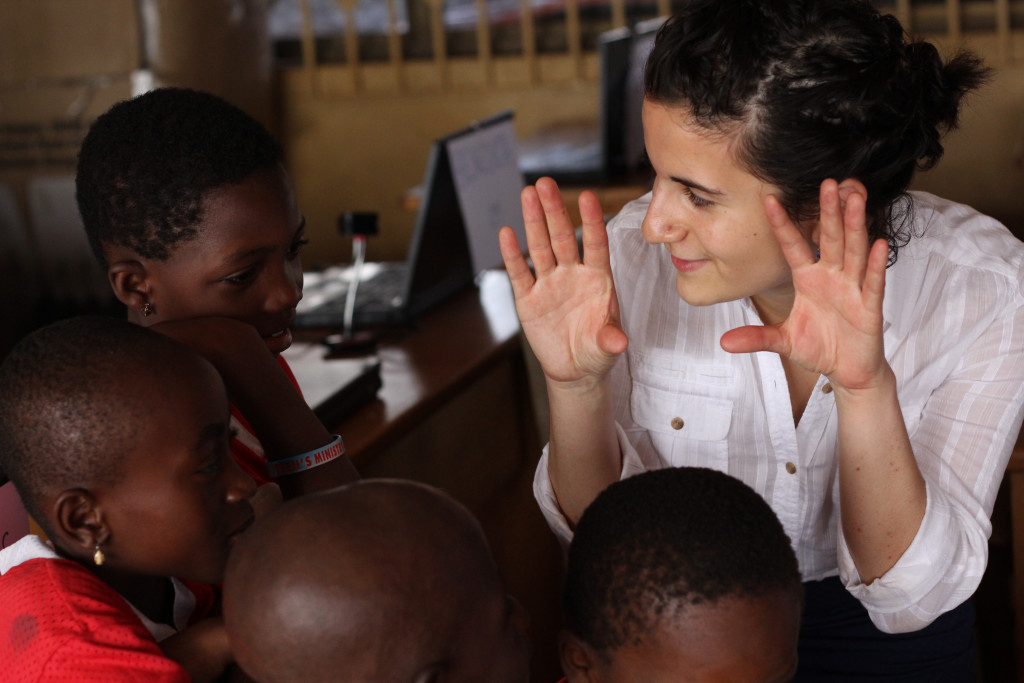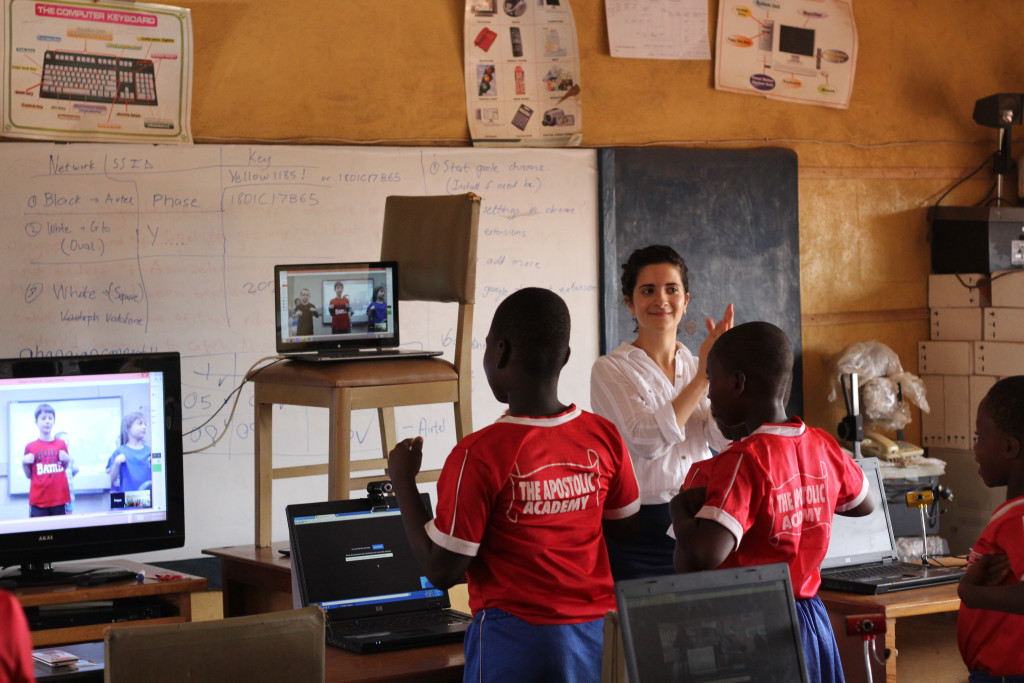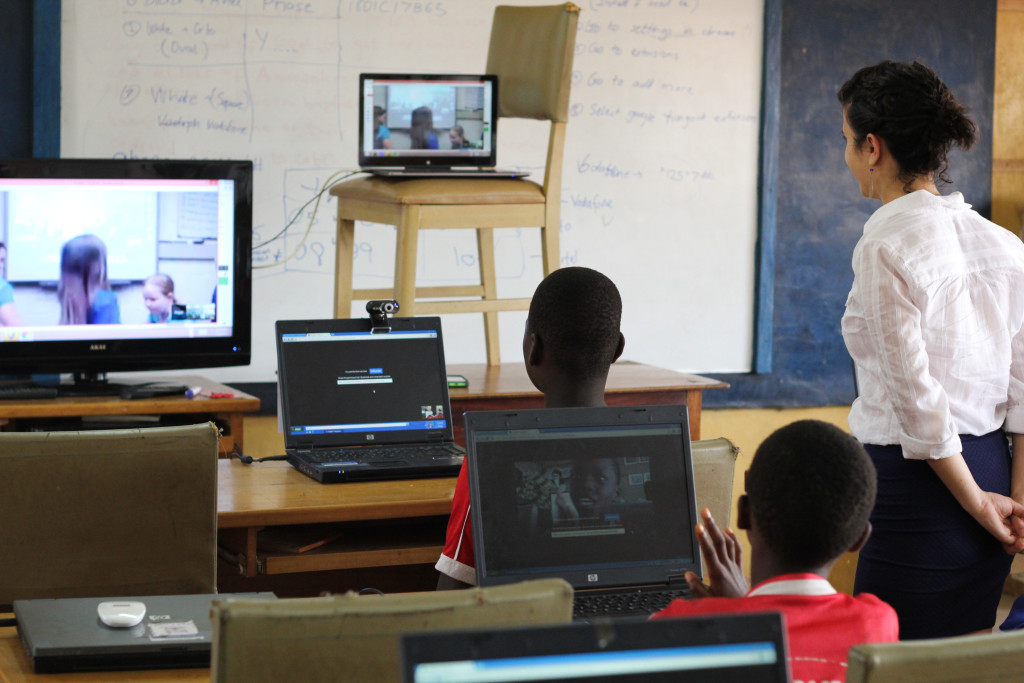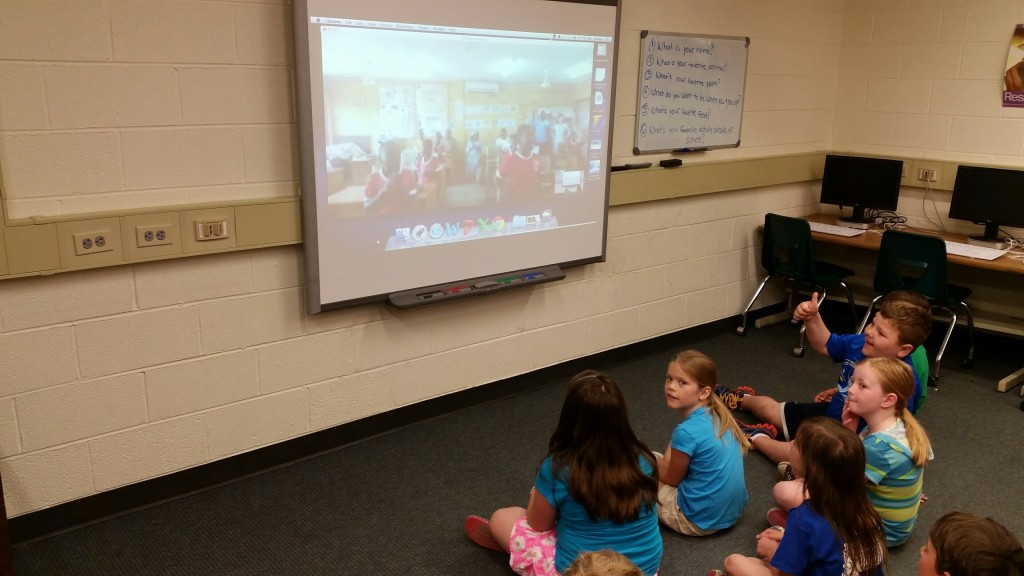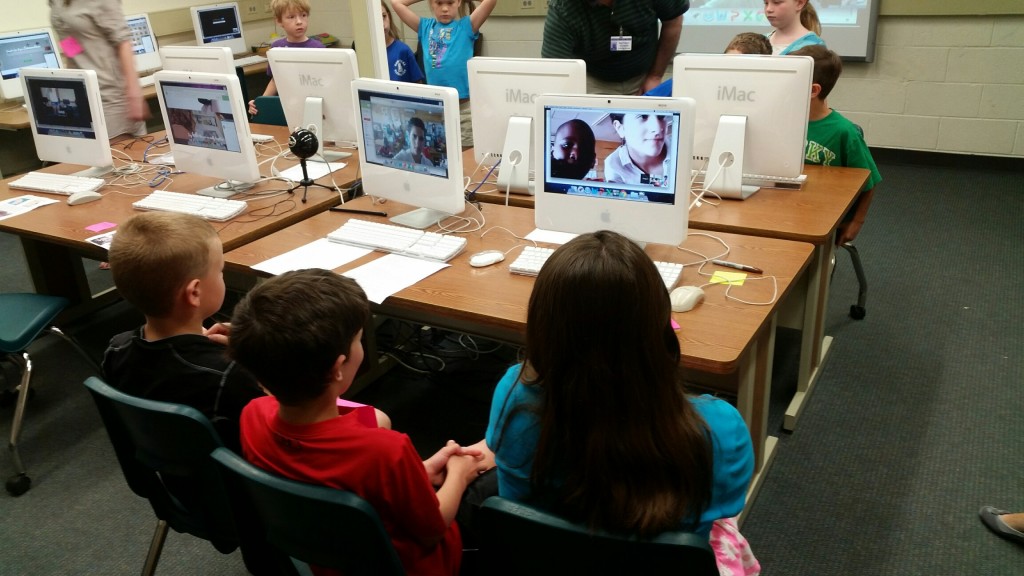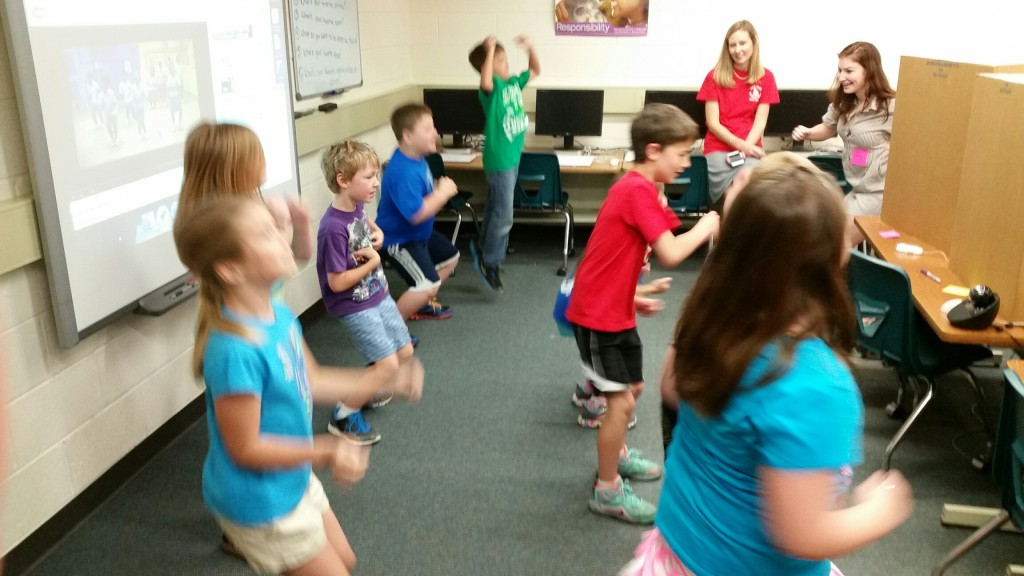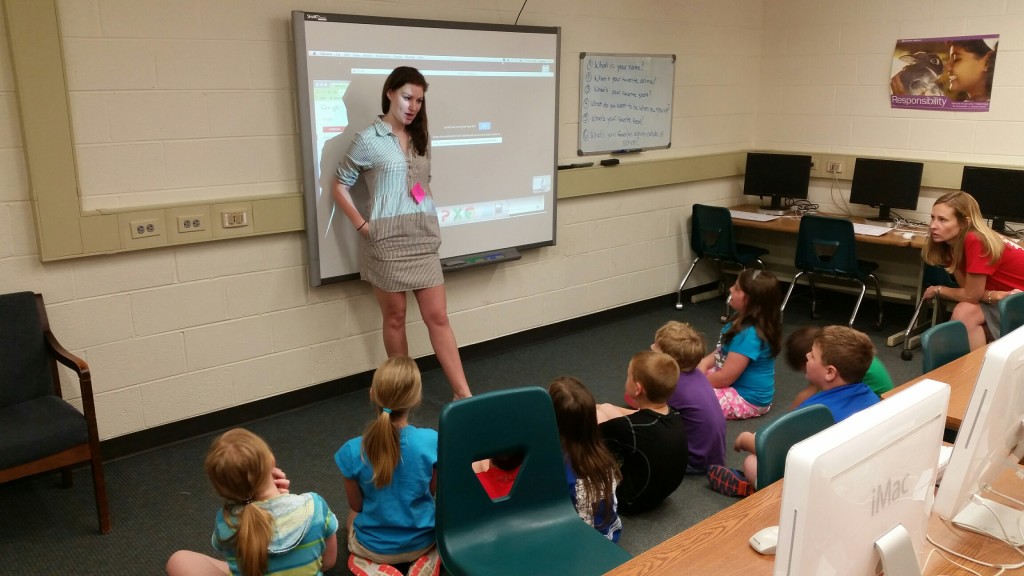Connecting Ghanaian and American children to each other so they can share ideas
Introduction
Citadel Foundation for Kids is an umbrella organization that aims to prepare children for future global leadership which focuses on effective collaboration across borders to solve global problems. We believe that in order to meet this goal, we need to start by helping children learn about other children around the world and collaborate with them on problem-solving projects while they build a well-informed global perspective.
We will begin by transforming a diverse cohort of students in Ghana and the United States into competent global leaders who are passionate about exploring the problems in other cultures and the solutions that people of those cultures have developed. Additionally, they will compare those solutions and problems to those in their communities to discover if any lessons can be learned to help their own communities or those they have studied and understood. The issue we will focus their training and collaboration on is alleviating child suffering. Our primary goal is to create a platform upon which children and young adults can learn about and work with each other globally, using readily available infrastructure.
Process
Through Project Connect, classes of Ghanaian students of The Apostolic Academy (TAA) in Ashaiman, Ghana will meet their American peers of Central Elementary School (CES) in Lexington, Virginia in a quarterly Skype meeting called “Connection.” Connections run as an hour-long joint class, where students from the two different countries will engage with each other through three primary ways: stories, music and games.
For the story section of a Connection, a Project Connect facilitator at either TAA or CES will read aloud a short children’s book to her classroom, while students from the other school watch through Skype webcam. Then, both classes will participate in a discussion about the story with the help of a switchboard application. During music time, each class will perform a musical selection for the other class.
The classroom teachers should help the students prepare the piece of music ahead of time. The music section is a time for each school to showcase a part of its country’s culture. And finally, during the games portion of Connection, students in each school will be playing one-on-one against each other through interactive game applications on their iPads or laptops. Through webcams, students will be able to see their playmates and converse with them as they do the activity.
Through these three universally loved activities, we believe that the young children will be able to feel comfortable enough to make friends with their distant peers. Students will be having fun together, connecting over common interests and learning to appreciate similarities with people from another part of the world.
Expectation
We believe that as this project advances across student cohorts of different cultures and generations within those cultures, the world will soon be populated by an increasing number of competent, driven and globally-minded leaders whose combined effort will address the world’s most daunting problems.
First Connection
Faith Pinho coordinated our first connection on Friday, May 8th between the Apostolic Academy in Ashaiman, Ghana and Central Elementary School in Lexington Virginia, U.S.A. While she led the Ghanaian class in Ashaiman with help from Cathy Wang, Caroline Sanders and Emmanuel Abebrese; Camilla Higgins led the American class with help from Arthur Love and Kaleigh Hinton, all of whom are students of Washington and Lee University.
![Citadel Foundation For Kids [CFK]](http://www.citadelfoundationforkids.org/wp-content/uploads/2016/02/cropped-Screen-Shot-2016-02-09-at-7.00.43-PM.png)
